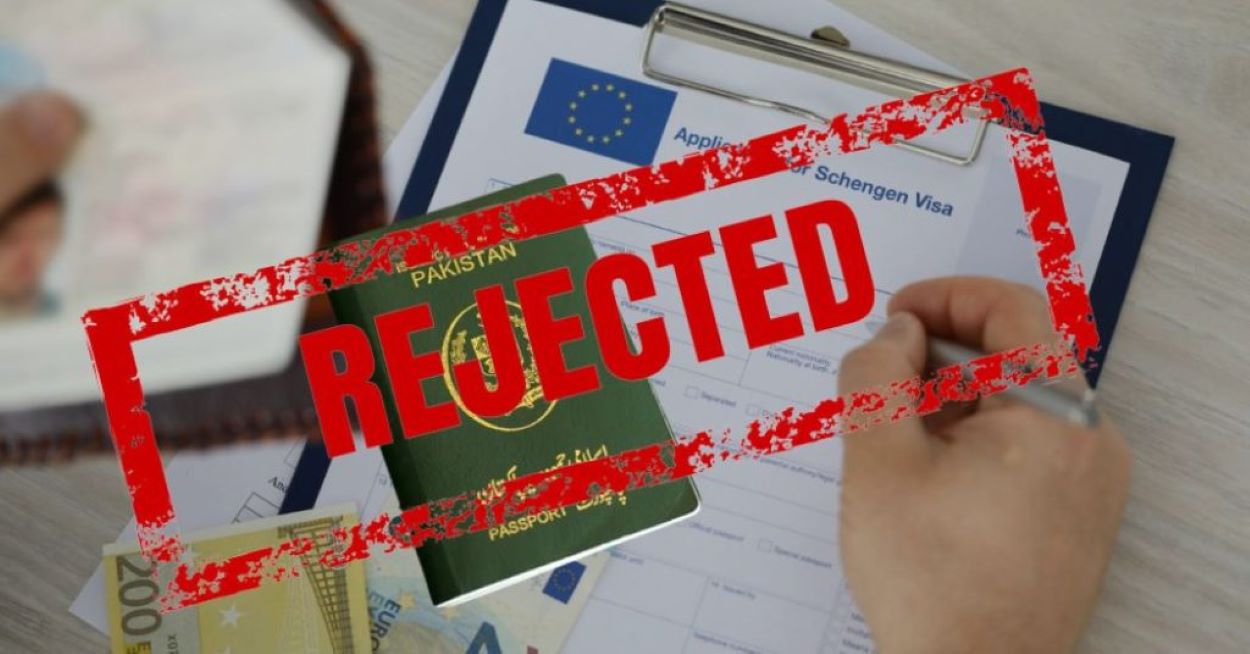Pakistan’s economic woes have worsened due to the IMF’s stringent measures, such as subsidy reductions and increased taxes. These actions have hindered growth and exacerbated unemployment, particularly among the youth.
Moreover, Pakistani workers now confront further difficulties as Gulf nations, notably the UAE, have begun rejecting their visa applications. This issue arises while local businesses suffer from inflation and high energy costs, pushing many to seek jobs abroad. However, stricter visa policies in these countries deepen their despair, adding to Pakistan’s economic challenges and potentially diminishing foreign remittances.
This situation, combining domestic economic troubles with reduced overseas job opportunities, threatens a significant financial pillar for Pakistan: remittances, particularly from the UAE, which annually exceed $5 billion. This issue impacts Pakistan’s foreign reserves and affects households depending on these funds. Furthermore, the ongoing job scarcity, both locally and internationally, could lead to increased poverty and social unrest.
Recently, the Pakistan Embassy in Abu Dhabi denied rumours of a visa ban yet acknowledged an increase in visa rejections. Faisal Tirmizi, Pakistan’s Ambassador to the UAE, described this surge during GITEX Global 2024 in Dubai as unprecedented. This issue is compounded by the government’s historical neglect in properly training and exporting skilled manpower.
To improve the situation, Pakistan could learn from the Philippines, known for its effective labor migration and skill development approach. Possible strategies include:
- Unified Migration Authority: This body would centralize migration-related activities, ensuring better coordination and protection of workers’ rights.
- Upskilling Programs: Similar to the Philippines’ TESDA, Pakistan could offer training programs tailored to global market needs in fields like IT and healthcare.
- Pre-deployment Training: Workers could be trained on labour laws, financial management, and cultural adaptation to reduce exploitation risks and enhance their integration abroad.
- Bilateral Agreements: Pakistan should seek agreements with host countries to mutually recognize skills and qualifications, facilitating smoother transitions for its workers.
- Promoting Overseas Employment: An e-platform could connect skilled Pakistanis with international job opportunities, supplemented by global marketing campaigns to showcase their competencies.
Given the growing number of youths entering the job market and shrinking employment opportunities, urgent and strategic actions are crucial. Pakistan must prepare its workforce for global demands and address socio-economic issues to prevent further economic and social instability.






